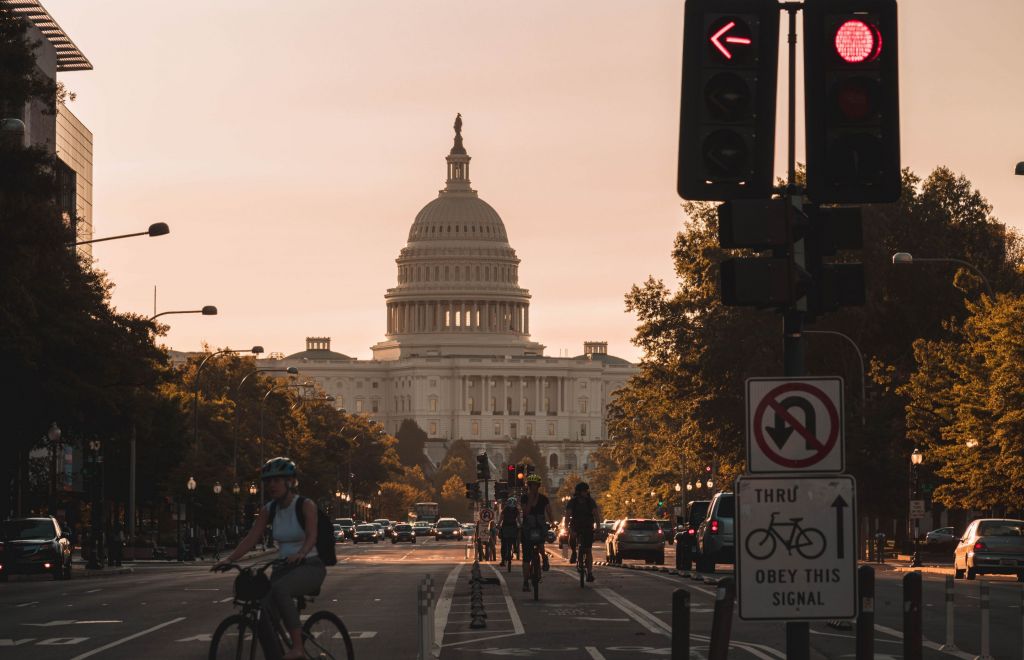
Dylan Green has been selected as the preferred recruitment agency partner by innovative policy firm, DC Green Bank, to support its CEO search. This represents one of many hires at DC Green Bank and is a positive development for Dylan Green.
DC Green Bank’s key objective is to utilize public funding to attract private investment, supporting the progression of clean energy, and energy-efficient systems. DC Green Bank services can be applied to both businesses and residents to support sustainable project development. The Bank intends to provide loans and other financing services to reduce funding gaps for clean energy projects and other sustainable energy improvements.
Connecticut established the very first state green bank in 2011, followed by New York in 2013. By the end of the fiscal year of 2015, the Connecticut Green Bank had generated over $660 million in project investments. In 2018, Washington DC created a green bank, after the launch of the District of Columbia Green Finance Authority Establishment Act of 2018. The core goal of DC Green Bank is to support accelerated development of clean energy technology by leveraging private investment, eradicating initial costs, and enhancing the efficiency of public funds.
The DC Department of Energy & Environment (DOEE) is coordinating the launch of DC Green Bank, supporting its focus on the Clean Energy DC Plan.
Planned Financial Services
Aside from managing the DC Property Assessed Clean Energy program (PACE), DC Green Bank offers flexible funding options, reducing the cost of capital associated with clean and energy-efficient projects. A number of products are currently in development, but some will include:
Single-family loans – Single-family homeowner loans applied to improve energy efficiency, reduce energy bills, solar installation, and improve energy stability.
Commercial/multi-family loan – Reduced-interest loans for multifamily and commercial buildings dedicated to energy efficiency, solar, and other clean energy systems.
Solar GAP financing – A pre-development and construction loan allocated for commercial solar and community solar projects.
PACE – Referred to as Property Assessed Clean Energy, PACE is a financing scheme that applies special tax assessments to properties and fund improvements that are in the public interest.
Green banks use public revenue to attract private investment into renewable and clean energy projects. This decreases the costs that typically hinder the development of renewable energy projects. There are a number of green banks now in operation across California, Connecticut, and New York.
In an early report delivered by the DC Department of Energy and Environment (DOEE), the non-profit Coalition for Green Capital (CGC) stated the key objective of green banks was to accelerate the delivery of clean energy by eradicating the initial costs, leveraging private investment in renewables and ultimately improving the efficiency of public money.

